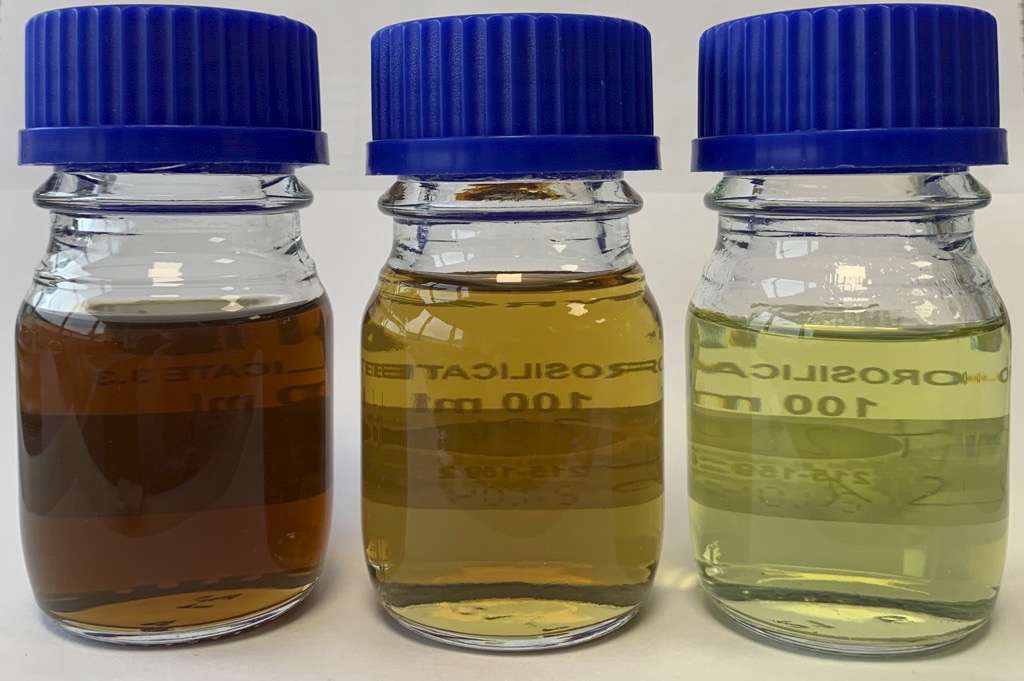Pyrolysis involves the thermal decomposition of waste plastic under an inert atmosphere. A reactor breaks down the plastics at temperatures of 400°C-600°C into smaller hydrocarbon molecules. The resulting gas is cooled and treated to get Pyrolysis Oil - an oily mixture of liquid hydrocarbons which can replace virgin fossil fuel sources as a feedstock for the production of liquid fuels and petrochemicals.
Why is filtration important?
Pyrolysis oil contains contamination with complex characteristics, featuring:
- Fine solids (less than 50 µm)
- Sticky semi-solids or gums
- Water-based contamination or solvents from upstream processes
The nature and concentration of contamination are often highly variable due to differences in the type of plastic waste feed and the pyrolysis process employed. The contamination also evolves with time due to further degradation.
How can Pall help?
Solving the unique and complicated challenges in processing pyrolysis oil requires the very best filtration expertise. Pall can test and identify the nature of contamination and accordingly develop a targeted filtration strategy that provides the highest plant reliability and lowest filtration lifecycle cost.
We can assist you from the laboratory through industrial scale in the following areas:
To speak to one of our specialists, contact us.


